 What to do with the Poop when you use Cloth Diapers – Dirty Diaper Laundry
What to do with the Poop when you use Cloth Diapers – Dirty Diaper LaundryHow to Wash Clothes diapers: A simple start guide We include products that we believe are useful to our readers. If you buy through links on this page, we can win a small commission. Sure, wash cloth diapers can sound rough at first, but there are benefits that make a little ewww worth it. About disposable diapers are added to the country's landfills every year. It is estimated that a diaper is needed to decompose in a dump. That's 500 years of infecting the ecosystem with toxic gases and dangerous chemicals for every diaper thrown into the trash. Clothes diapers make a difference. You're making a difference. Follow the advice and tips described below and let go to all creepy thoughts. You'll see, it's safe to wash your favorite white shirt (the only stain-free) on the same machine that washes the diapers' loads on your baby's land. We promise: Your clothes, sheets and towels will not smell like cocoa forever. You can do it. First things first. Check the product packaging or view the company's website for a recommended washing guide. Many diaper companies provide precise instructions, which should be followed to receive any given warranty if things go wrong. You also need to decide how to store dirty diapers until you are ready to wash them. Many containers are designed specifically for cloth diapers, or you can add liners to other laundry pails. When you're in the march, a wet bag with zipper and waterproof will come comfortably. If you care about the smell (why wouldn't you worry about it?) there are deodorants meant to reduce the smell of the diaper. Shop for , , , and online. Step 1: Remove Any Solid Waste If your baby is only breast-feeding, your caca is water-soluble and technically does not require any special extraction. Some mothers may choose to simply throw these diapers on the ground in the pail or bag they are using for storage as it is, and that's fine. For formula-fed babies, or for babies who have had solids introduced in their diets, you will need to throw, drop, scrape or spray solid nuts on the toilet before storing the diaper with other dirt. Some parents use a diaper sprayer (sprayers that join their toilet as mini-showers) while others spray the diaper around in the toilet bowl. Even the use of a spray bottle full of tap water will work. Just make sure you spray or drain until the poop is removed. Step 2: Put the dirty diaper in a pail or bag, until you are ready to wash it All right, so you already know where you're storing all the dirty diapers between washes, and you've removed the poop from this particular diaper using the bath bowl or a water sprayer. If you have gone to the problem of rinsing, make sure the diaper is still wet, so you are almost dripping when you put it with the other dirty diapers that have not yet been washed. The remaining moisture of the diaper until washing is the secret of your baby's poop effortlessly washing with little or no stain. Pis diapers can go directly to the pail without preparation work. Step 3: Time to wash the dirty diapers Plan to wash dirty diapers every day, or every other dayYes, you read it correctly. This may feel excessive, but you are dealing with aromatic and stinking diapers. Maybe you could get away with 3 days, but waiting for more than a day or two can lead to mild stains and often requires additional washing cycles just to clean diapers. Wash no more than 12 to 18 cloth diapers at a time Your baby will spend 8 to 10 diapers a day. (Newborns will often go through more!) This means heating at least twice as many cloth diapers you'll use in one day, especially if you already know that running a diaper load through the daily washing is simply not. Go. Come in. You don't have to buy 36 cloth diapers, but you may want to heat up at least 16 of them. Start by throwing dirt in the washing machine and running a cold cycle Use a pre-inse cycle or "fast wash" with cold water and NOT detergent. This will help loosen up any persistent maid. This also reduces stain potential. (Some people use a small spoon of OxiClean, others swear by opting for any detergent during the pre-inse cold cycle method.) Run the dirt through a second, warm or hot cycle Use a regular warm cycle to very hot and detergent easy to dress to get the diapers officially clean. Feel free to add some baking soda to the detergent for a power boost. Baking soda will also neutralize acid odors and remove protein-based stains. Adding 1/2 cup lemon juice to the wash will help whiten the tissue. If your machine has the option of an additional rinse, go get it! The more water it runs through the diaper, the better. More water means a clean diaper with less stain and potential waste. Avoid using bleach, which by the way, can cancel any warranty from the manufacturer. Lixiviation is a hard chemical and easily damages fabrics if used too often. The vinegar, like the bleach, has a natural strong cleaning acid and is sometimes added to the washing loads for the value of softer and fresh tissues; but the cleaning acids are strong, so the smallest amount of vinegar, if any, should be used. Do not use fabric softeners (this includes many known baby detergents, such as Dreft). The fabric softeners cover the diaper tissue, cause accumulation and prevent optimal tissue absorption. Step 4: Air or dry line cloth diapers The best method to dry cloth diapers is exterior, online, in the sun. Returning to the pioneer days is not always possible for everyone, but it is optimal. The sun defeats bacteria with freshness and gives the bottom of your baby the best results. It also reduces the stain. If you can't make the outer dry, use a clothesline to dry the diapers inside your house! You will not get that same sunny fresh aroma, but you can still reap the benefits of the drying of the line. The main benefit is a long life for cloth diapers. Just make sure to hang the diapers in a way that supports the elastic, so the weight of moisture does not compromise elastic stretching. Some cloth diapers are able to enter the dryer in the low settings, but this will cause more wear and tear as time passes. The use of a dryer can also cause damage to waterproof coatings, as well as any velcro, buttons and snaps. Be sure to check the drying instructions on the product or brand website, before putting your cloth diapers in the dryer. Note that the highest heat setting in the dryer often causes the fabric to lose some of its softness. Carry waterproof bags in the march When you're on the road and have one or two dreamy and smelly diapers (on the side of the adorable and soft that was attacked explosively by the back) to carry, zipper and waterproof wet bags are your best friend. Trate disposable diaper coatings The diaper coatings, which look like dryer leaves, can provide additional protection from the stain to your diaper. They just walked into your cloth diapers like a maxi pad. The fastest cleaning is attractive, and most diaper coatings are biodegradable and communicable. Use baking soda Add baking soda directly to your bag or pail to keep it smelling fresh all day. Consider a diaper cleaning service If you're shaking your head nope while reading through these tips, you can always see the local diaper cleaning services available in your area. Even if you tried cloth diapers to reduce your weekly expenses, many mothers say the cost of a cleaning service is still less than the cost of disposable diapers. Some diaper cleaning services also provide a diaper strip service. (Continue reading!) Rippering is only a specific type of washing treatment designed to eliminate the accumulation of diaper tissue. And, yes, at some point in the life of a cloth diaper, you probably need to do this. If you feel that your detergent is not working, stripping diapers can help you return to your original state. If the diapers start smelling right after they have been washed, or smelling heavily after a piss, you may need to get naked. If your baby's diaper is leaked and you've already checked the fit and it's good, you may have to strip. Unmasking diapers can eliminate any accumulation caused by detergent and hard-over minerals, which can create more sweats during washing cycles and prevent diapers from rubbing properly for ideal results. Ripper also helps prevent the baby's oliated clothing and the baby's potential eruptions. Put your cloth diapers washed and clean in the washing machine, place the temperature to very hot water, and use a laundry treatment intended to strip diapers (or some drops of original Dawn soap). Do not add other detergents or any other extra. If the smell persists, or if your baby continues to receive rash, repeat this laundry treatment up to three times. Dry the diapers. This can be repeated monthly. To effectively remove your diapers, you do not need to test anything luxury — without packing or pre-washing required. You just need clean diapers, a good treatment of laundry and patience. If you have soft water and think the problem is detergent accumulation, run diapers through washing in a very hot water cycle — not additive and without detergent. Only hot water and clean diapers until there are no so many seen in the water during washing. You can always start small. Start this adventure with just two to three cloth diapers and see how it feels. The cloth's not for everyone, and that's okay. If you decide to have disposable diapers, don't feel bad about it. The benefits of cloth diapers that disposable diapers, depending on the washing methods used. When it comes to pacing the cloth, staying patient and staying determined are key while refining and setting a routine that works best for you. You can do it. Last medical review on March 28, 2020 related stories Read this next series of words
Blog We can win a purchase commission using our links. How to clean the stern of the diapers of the Content layer How to clean the stern of the cloth diapers If you're considering wearing cloth diapers, you probably thought of the worst that can happen in a cloth diaper. But the poop doesn't have to be that scary. Parents have been using cloth diapers for many years, and you will not be the first to clean a diaper's poop. You got this! My bottom with the cloths. I was a diaper baby! My brothers and I were born in Cuba before disposable diapers were available to families there, especially those living in farms. My mom used cloth diapers in all of us, and she survived! You can, too! She often retells her experience with cloth diapers and what she had to do to make them look and smell fresh. To begin with, she had nothing like us in the United States; she had to wash everything by hand. And since the cloth diapers were white, she wanted to make sure they were still white after washing them. First, I'd rinse the diapers out in the backyard with a hose. Then I would wash the diapers in hot water and rub them by hand with castile soap. If the cloth diapers were not yet clean and was a little stained, she would boil the cloth until the cloth looked white again. Since I didn't have a washing machine, I didn't have a dryer either. All the cloth diapers were hung in the sun. This helped them get even whiter fabric. Baby breast Poop But let's face it, we're not in Cuba, and we don't need to wash our diapers by hand. However, we still want those diapers to smell and look as fresh as possible. Right? Poop is probably the most smelly and dirty of the facts our babies fall into their diapers. Whether you use a washing machine or wash your cloth diapers by hand, you'll first want to rinse the diapers' poop before washing them. I recommend rinsing the caca using a manual bidet and letting the caca go directly into the toilet. You definitely want to keep the poop away from your kitchen sink. The kitchen sink may seem the most convenient, but you don't want the poop to come out of the diaper and on the counter or your nearby clean dishes. If your baby is exclusively breastfeeding, your poop will be on the watery side and will not have a strong smell. This will make it much easier to wash and should not stain the cloth because it is completely soluble in water. However, since every baby and breast milk is different, you want to rinse the poop as soon as possible to avoid any stain. You should be able to wash the cloth diapers right in the washing machine along with your other peepee just diapers. I would recommend washing them in hot or hot water as the heat will help remove any stain. Once solids are presented Things get a little more complicated once you start introducing solids into your baby's diet. Your poop will start to be thicker and sticky. It'll start to stink, too. Some parents choose to use the coatings inside the cloth diaper, but you have to be careful with the coatings will not irritate your baby's skin. I would rather not use the coatings and rather wash the caca immediately to avoid stains. Once your baby starts producing the sticky, smelly poop, you'll want to rinse the poop as soon as you find out about it. One of the best things you can use to rinse the caca directly into the toilet is the manual bidet or now also known as a diaper sprayer. If you convert the diaper into the outside - or shit side down into the toilet, most of them will fall right into, and you can just throw down. The remaining stain and sticker will have to be washed in the washing machine or by hand. How to clean the stern of the cloths of clothing – safely One of the biggest mistakes that you make with washing our cloth diapers is using the wrong detergents and using fabric softeners. Many of the chemicals in these detergents can ruin the fabric and can cause. I recommend using a combination of Country Save laundry detergent, ready on our and borax on your wash. Use equal amounts of each depending on the size of your load. This is easy and cheap and will not ruin your baby's sensitive fabric or background. diaper of diaper eruption "Best Cloth Diaper Laundry Detergent Options" In the rinse cycle, use a half cup of white vinegar. The white vinegar is a natural tissue softener and its balanced PH. Using other fabric softeners can cause skin irritation and leave a residue on the diapers of your fabric that will eventually make you lose your absorbence. When washing the cloth diapers, use the hot cycle as hot water will help lift any stain and ensure that any bacteria or germs are cleaned. Finally, if you still find that there are some light spots, consider hanging the diapers in the sun. The sun can naturally help whiten those stains. You'll want to make sure you wash your dirty diapers daily. The ammonia of the urine can start to accumulate in the tissue and cause a funky odor that will not be easy to remove and will cause diapers to smell very bad as soon as your baby gets wet. I know my mother wouldn't have left the diapers in a pail for a few days and then try to get the stains out. It would be safer to wash your diaper load daily not only to ensure that you get them as clean as possible, but also to ensure that you always have clean diapers by hand. One last note I'd like to leave with you. I don't like the idea of digging and turning the diaper on the toilet. No matter how clean you think your toilet can be, it's still going to have some of our adult germs and bacteria there from our poop, pis and other liquids. So I would abstain from this practice. If you do not have a manual bidet or , use a spatula or other flat spatula that use only for this and then wash your diapers in the washing machine with hot water. The whirlpool and the whirlpool in the toilet is disgusting in my opinion and can end up adding more bacteria to the diapers of your cloth than removing them. Invest in a simple sprayer that you can use, not only for your dirty diapers but as a bidet for adults. diaper sprayer Dina Montero Share This Share this content You might as well like it. About MeTammy OHaganSearch Affiliate Disclosure We can win a commission for shopping using our links. . Recent PostsNewsletterUseful Links

Cloth Diaper 101 – Go Green Baby
Cloth Diapering Basics
How to Wash & Dry Lil Helper Cloth Diapers | Cloth diapers, Wash cloth diapers, Cloth nappies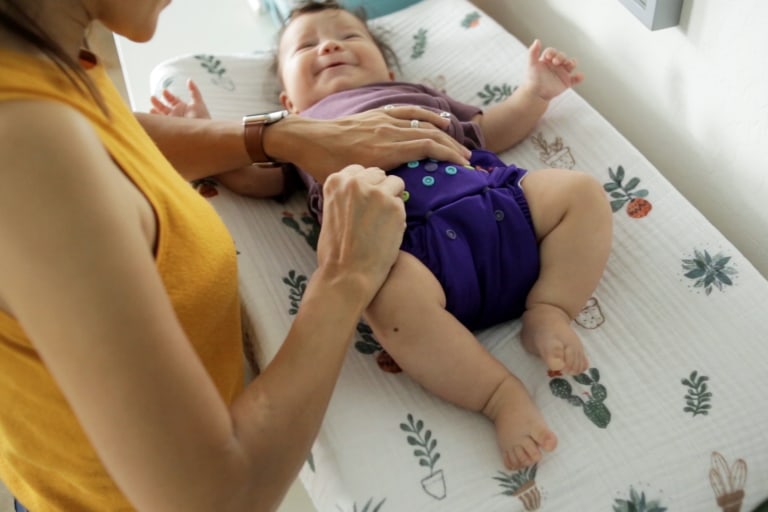
How to Wash Cloth Diapers
How To Clean Cloth Diapers | Simple Guide
How to Wash & Care? – Moo Moo Kow
Pin by Toni Walling Limoges on Parenting and Development | Cloth diapers, Clean cloth diapers, Diaper
Cloth Diapering 101 | FAT CHANGE
10 Things You Should NEVER Ever Do to Cloth Diapers — A Tampa Lifestyle, Travel & Green Living Blog – Back to Calley
DIY Splatter Shield for Spraying Cloth Diapers
An Easy Guide to How to Change a Cloth Diaper – Baby Tooshy
Tide for Cloth Diapers | Cloth Diapering 101 | Still Being Molly
Prefolds Love: How to Wash Cloth Diapers
I Choose Cloth Because... Poop Containment! – Mother ease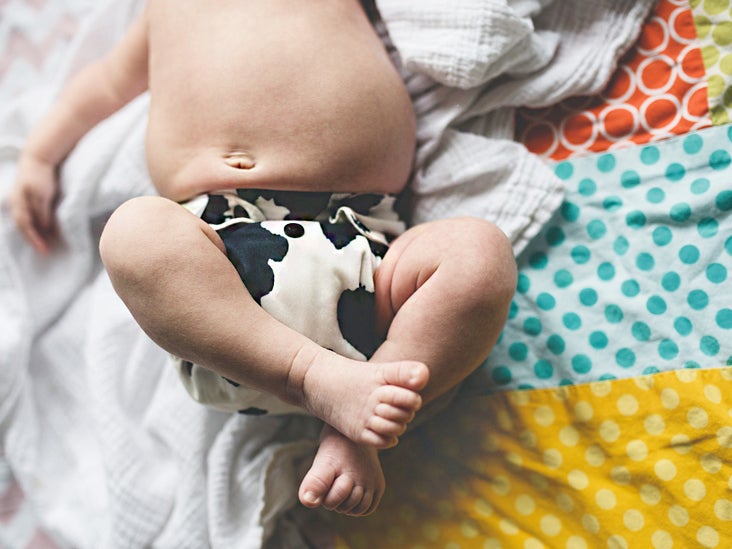
How to Wash Cloth Diapers: A Simple Step-by-step Guide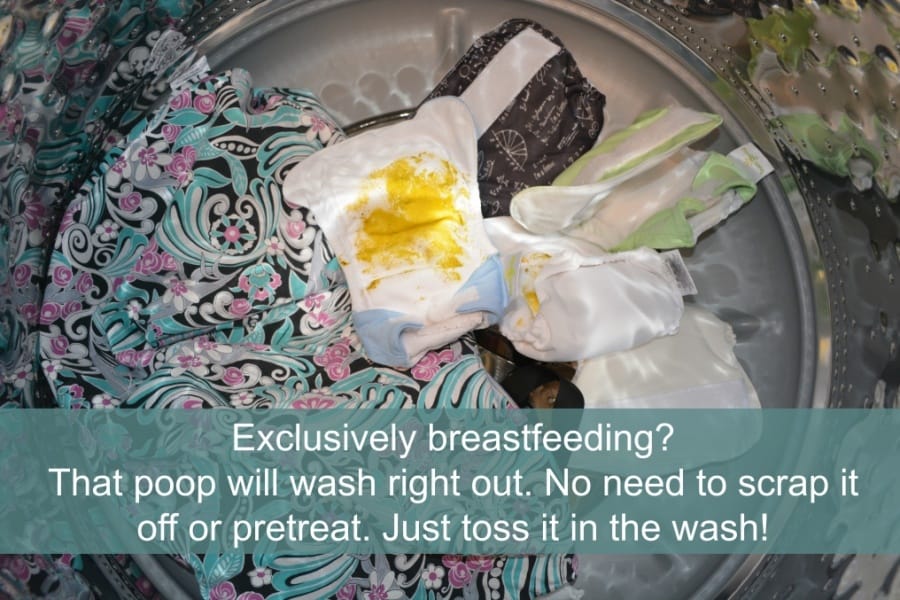
How to Clean Cloth Diapers - Thrifty Nifty Mommy
How to clean a poopy cloth diaper! - YouTube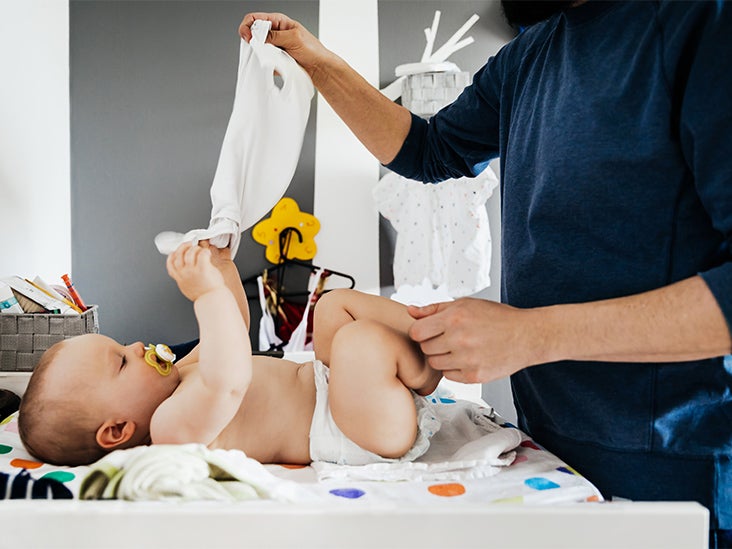
How to Wash Cloth Diapers: A Simple Step-by-step Guide
HOW TO CLEAN CLOTH DIAPERS ⎮ Cloth Diaper Cleaning Routine - YouTube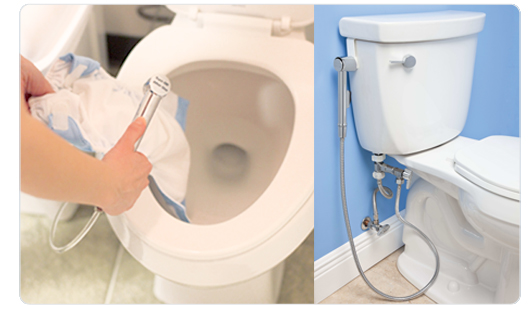
Cloth Diapers 101: Cloth Diapering for Beginners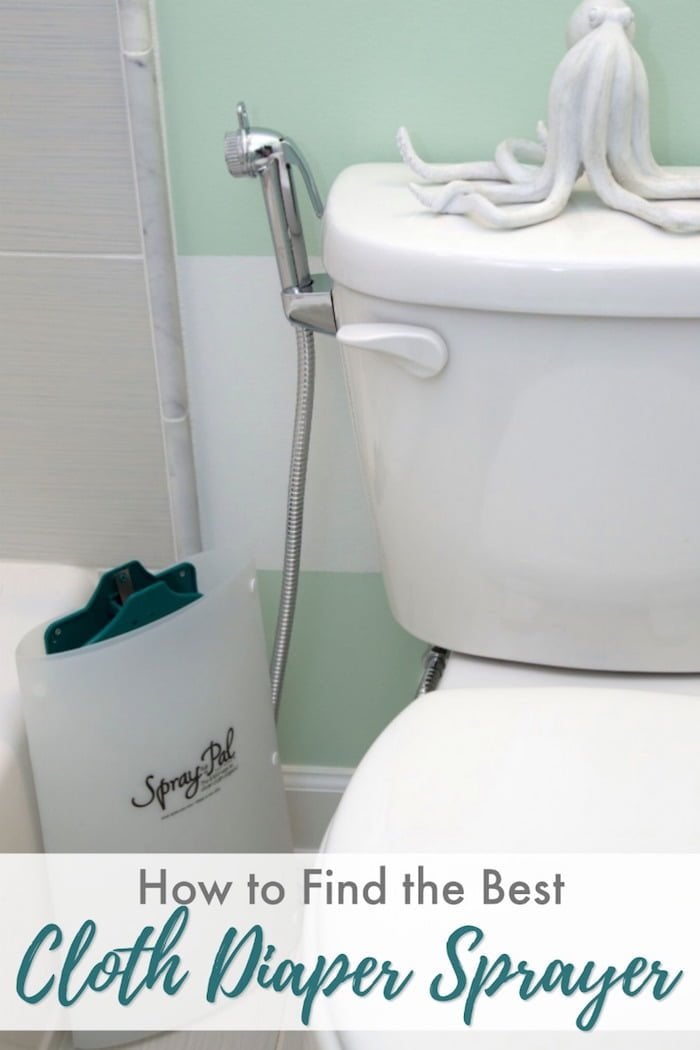
Eco Baby Gear: The Best Cloth Diaper Sprayers of 2020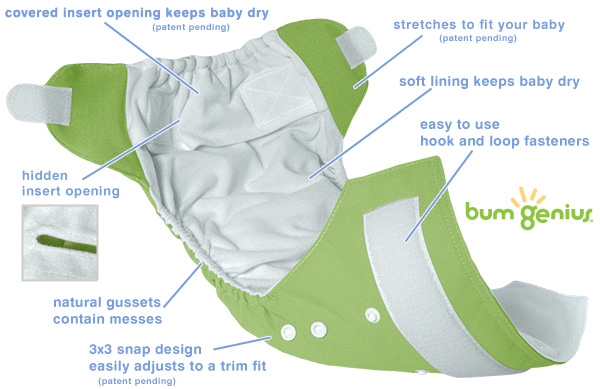
Lazy Mom's Guide to Cloth Diapering | Alpha Mom
The Three D's of Poo Removal: Diaper Sprayer, Dunk and Swish and Disposable Liners! »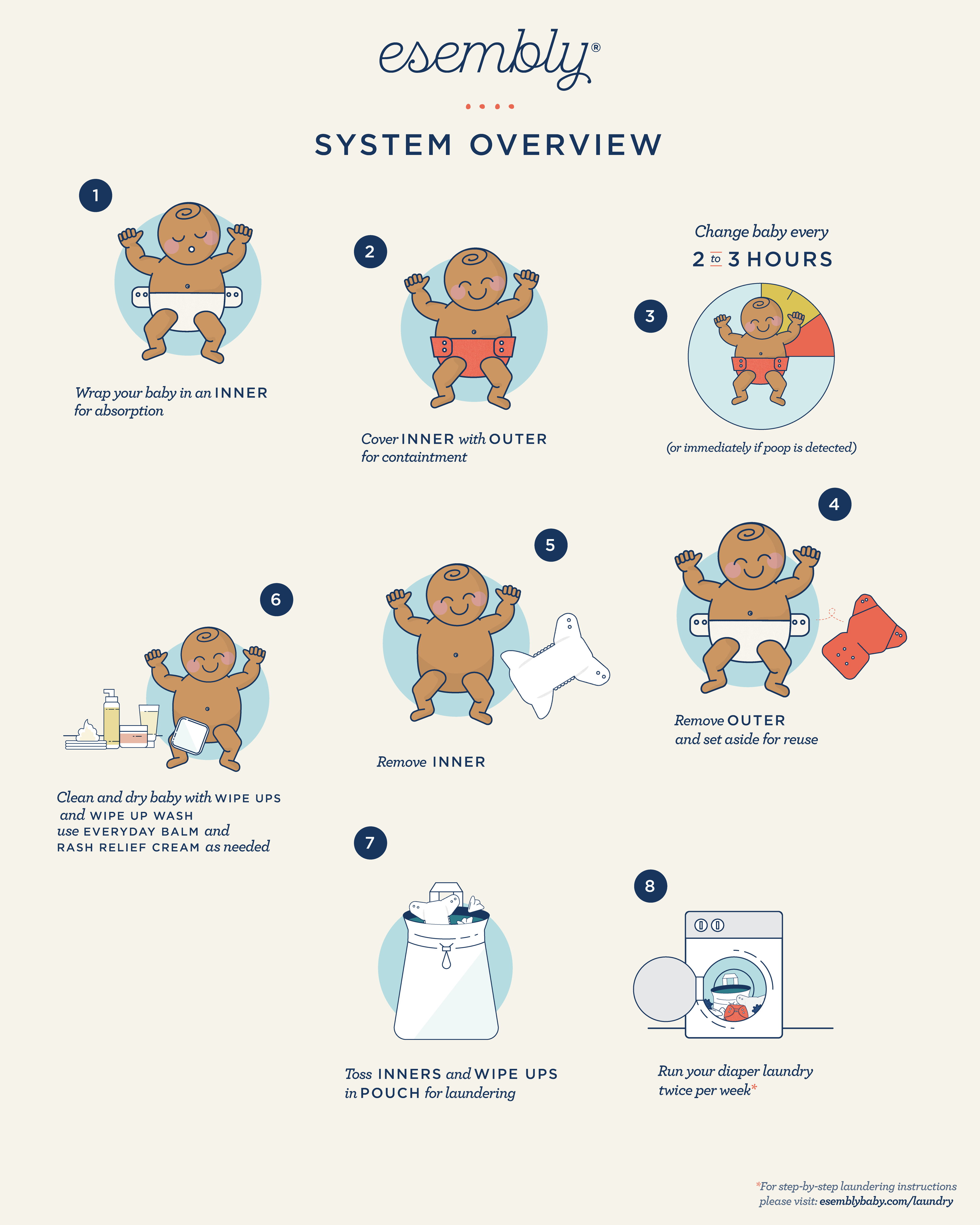
How It Works | Esembly Baby
How to Clean a Poopy Cloth Diaper - YouTube
How to wash | sacnu
Cleaning Cloth Diapers at Home | Rocking the Cloth
Complete Diaper Rinsing System | Toilet bucket splash guard & sprayer![How to remove poop stains from cloth diaper [ Detailed Answer ] How to remove poop stains from cloth diaper [ Detailed Answer ]](https://how2removestains.com/wp-content/uploads/2020/04/124-remove-poop-stains-from-cloth-diaper_Featured_G12_032420.jpg)
How to remove poop stains from cloth diaper [ Detailed Answer ]
Cloth Diaper Revival: Back To Basics: Poop and Cloth Diapers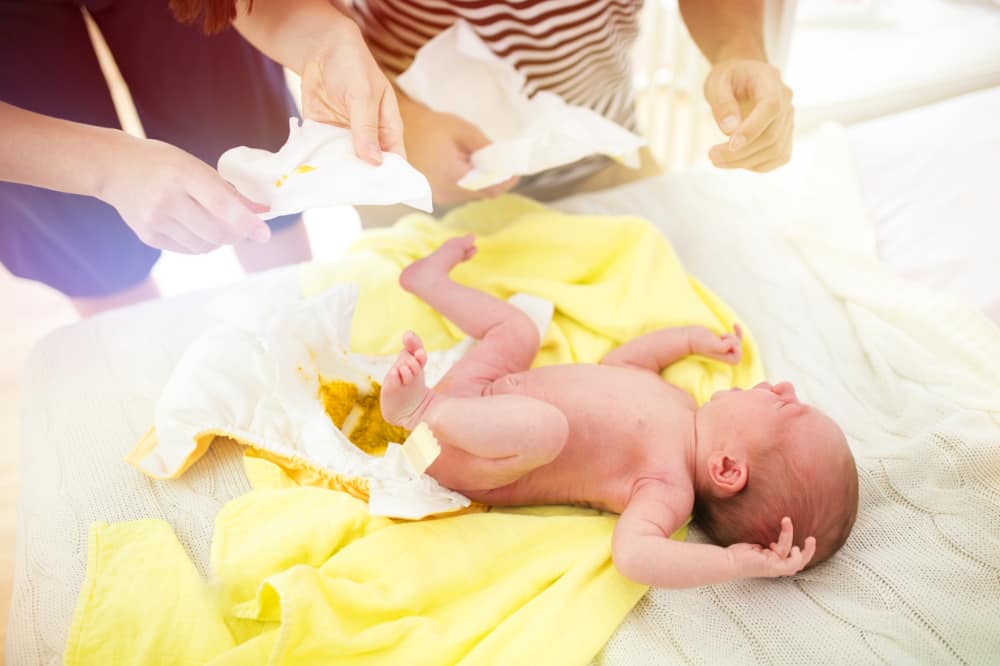
How to Remove Those Pesky Poop Stains - Mom Loves Best
She Put What In The Washing Machine?! – A Photo Series On Poop | Cloth Diaper Kids Blog
Cloth Diapers - Massive Money Saver? - How to Get Out of Debt Fast - And Then We Saved
What to do after your baby poops in a cloth diaper!! - YouTube
Cloth Diaper Essentials: A Newbie's Guide to Coming to the Cloth Side | Lil Helper Cloth Diapers
How To Get Rid Of Cloth Diaper Poop Stink | Alpha Mom
Cloth Diaper 101 – Go Green Baby
Travel with Cloth Diapers - Disposable Liners help with poop clean up. - Simply Mom Bailey
Prefolds Love: How to Swish a Poopy Cloth Diaper![How to remove poop stains from cloth diaper [ Detailed Answer ] How to remove poop stains from cloth diaper [ Detailed Answer ]](https://how2removestains.com/wp-content/uploads/2020/04/124-remove-poop-stains-from-cloth-diaper_Cover_G12_032420-683x1024.jpg)
How to remove poop stains from cloth diaper [ Detailed Answer ]























![How to remove poop stains from cloth diaper [ Detailed Answer ] How to remove poop stains from cloth diaper [ Detailed Answer ]](https://how2removestains.com/wp-content/uploads/2020/04/124-remove-poop-stains-from-cloth-diaper_Featured_G12_032420.jpg)










![How to remove poop stains from cloth diaper [ Detailed Answer ] How to remove poop stains from cloth diaper [ Detailed Answer ]](https://how2removestains.com/wp-content/uploads/2020/04/124-remove-poop-stains-from-cloth-diaper_Cover_G12_032420-683x1024.jpg)
Posting Komentar untuk "how to clean cloth diapers with poop"